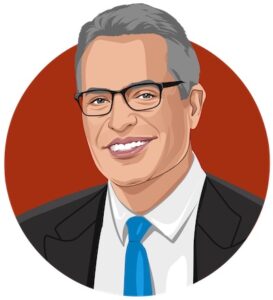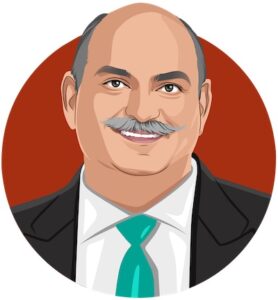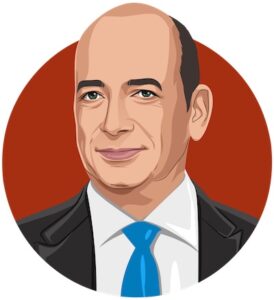
François Rochon: Finding Great Businesses
In a recent interview, François Rochon discusses his approach to identifying exceptional businesses by combining quantitative and qualitative analysis. He starts by examining historical performance metrics such as return on capital, profit margins, debt levels, and the quality of earnings to identify strong companies.












